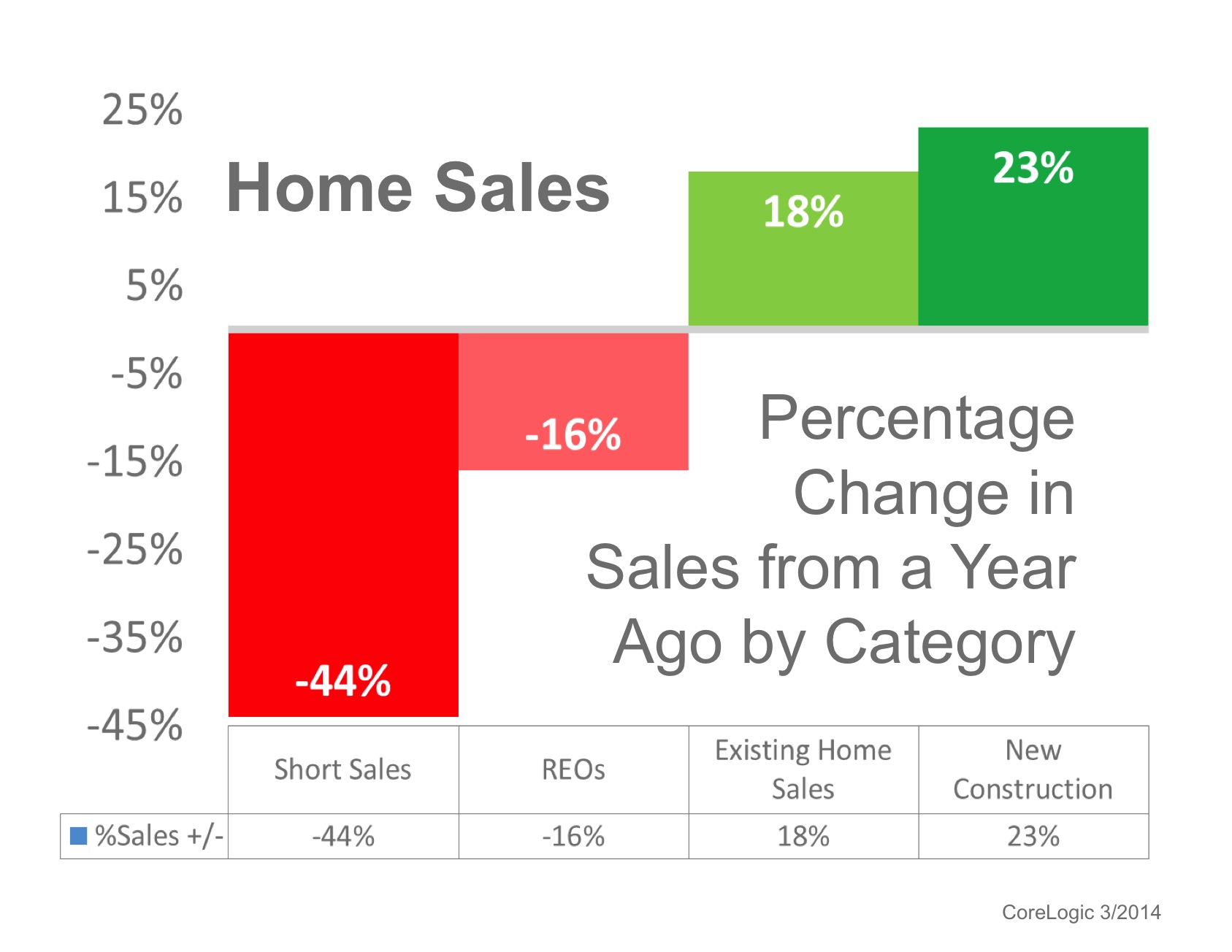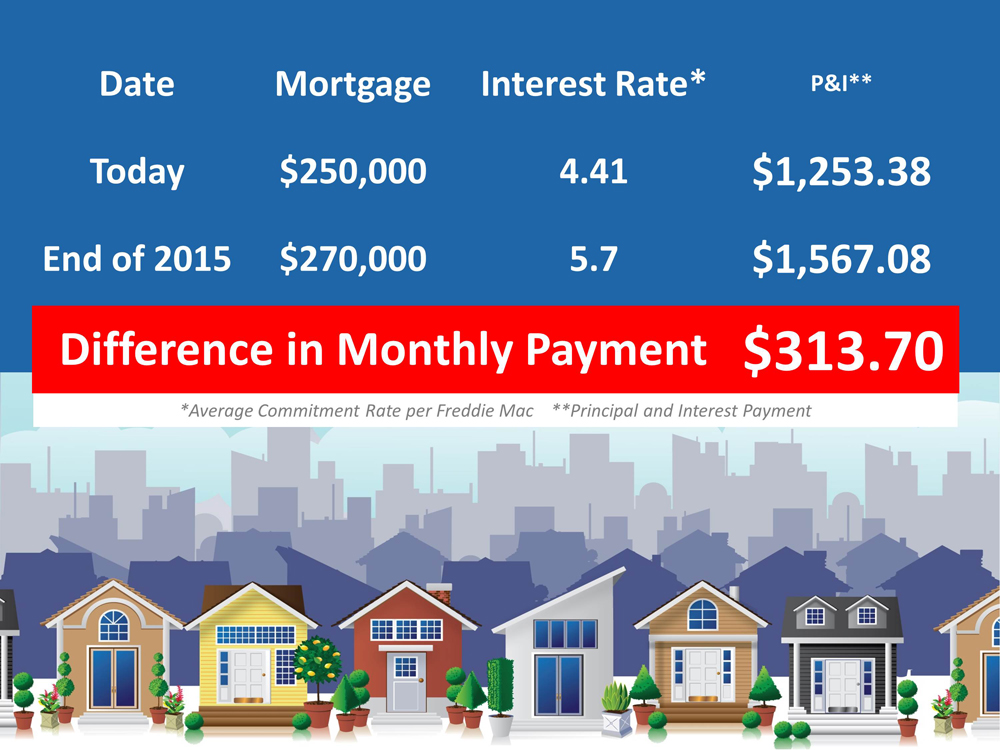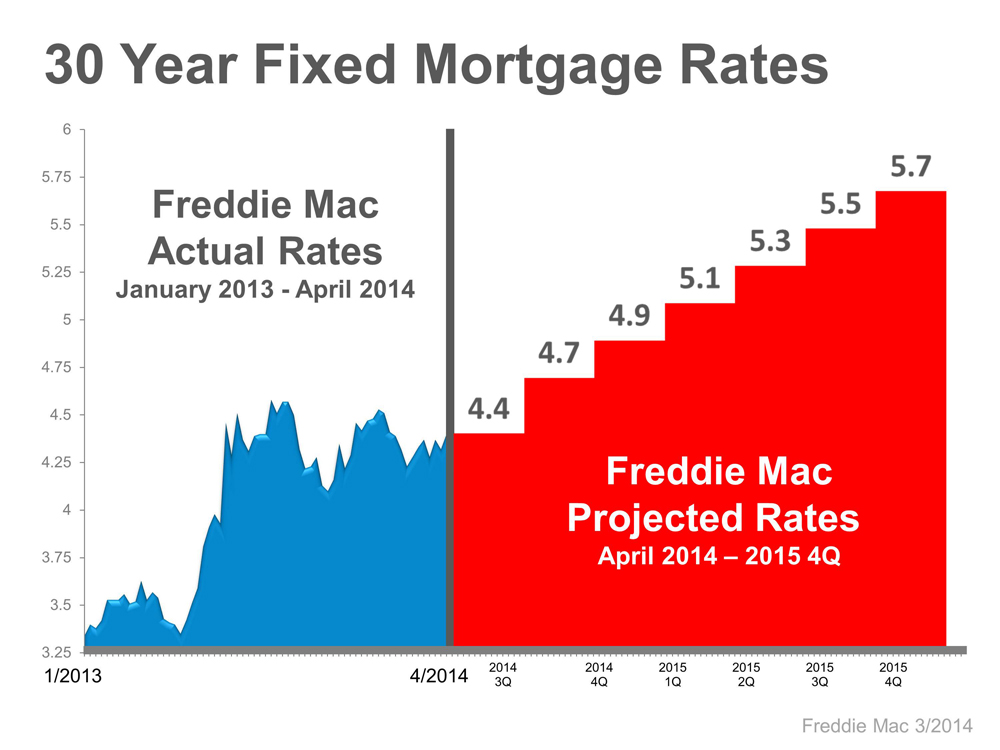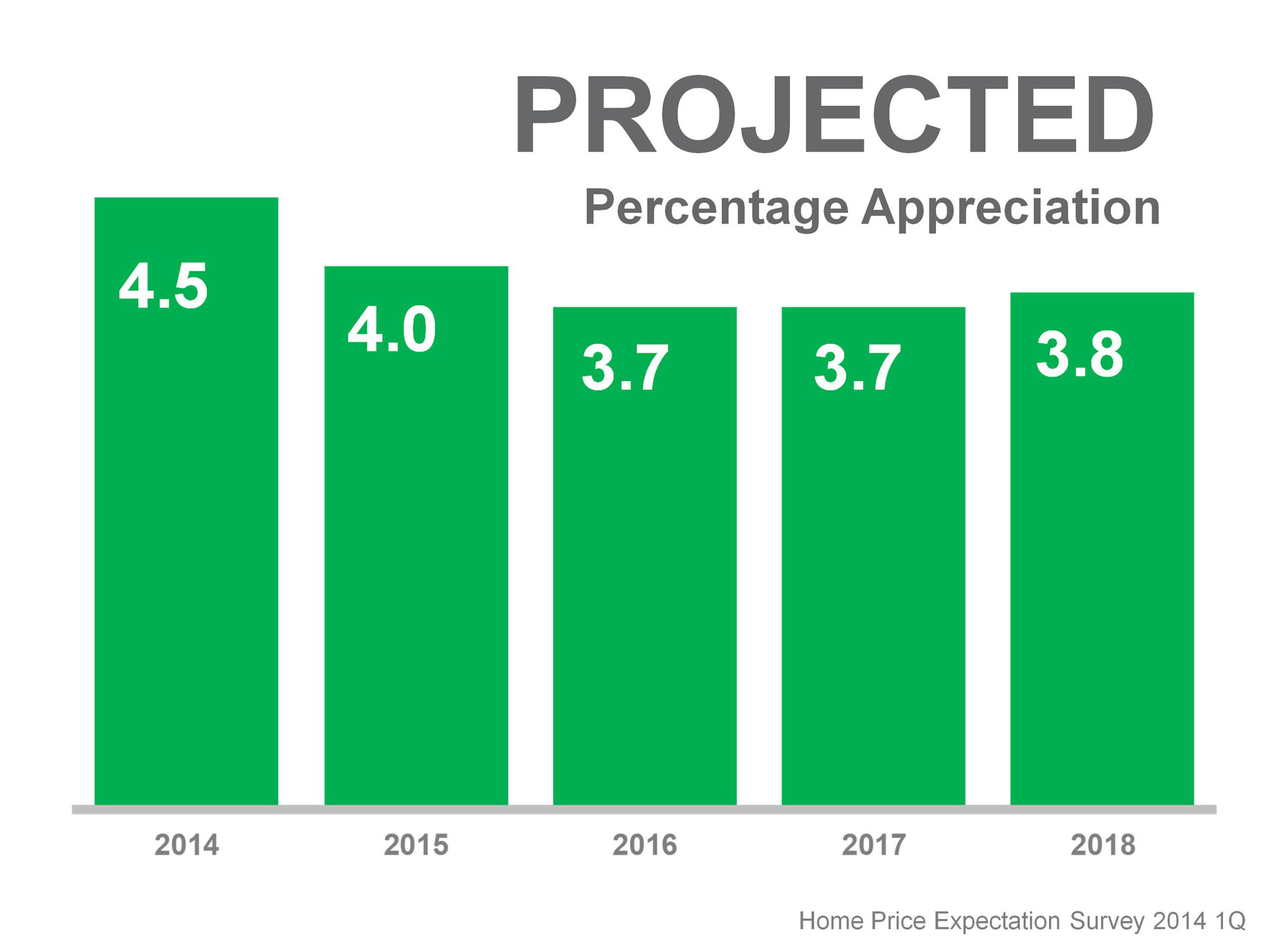 We have never hid our belief in homeownership. That does not mean we think EVERYONE should run out and buy a house. However, if a person or family is ready, willingand able to purchase a home, we believe that owning is much better than renting. And we believe that now is a great time to buy.
We have never hid our belief in homeownership. That does not mean we think EVERYONE should run out and buy a house. However, if a person or family is ready, willingand able to purchase a home, we believe that owning is much better than renting. And we believe that now is a great time to buy.
We are not the only ones that thinkowning has massive benefits or that now is a sensational time to plunge into owning your own home. Here are a few others:
Benefits of Owning
“Homeowners pay debt service to pay down their own principal while households that rent pay down the principal of a landlord…Having to make a housing payment one way or the other, owning a home can overcome people’s tendency to defer savings.”
“Renters have much lower median and mean net worth than homeowners in any survey year.”
Benefits of Buying Now
“Buying costs less than renting in all 100 large U.S. metros… Now, at a 30-year fixed rate of 4.5%, buying is 38% cheaper than renting nationally.”
"One thing seems certain: we are not likely to see average 30-year fixed mortgage rates return to the historic lows experienced in 2012…Yes, rates are higher than they were a year ago – and certainly higher than two years ago. But if you look at the averages over the last four decades, today's rates remain historically low."








 Many housing pundits are calling for home sales to do slightly better in 2014 than they did in 2013. To the contrary, we
Many housing pundits are calling for home sales to do slightly better in 2014 than they did in 2013. To the contrary, we








